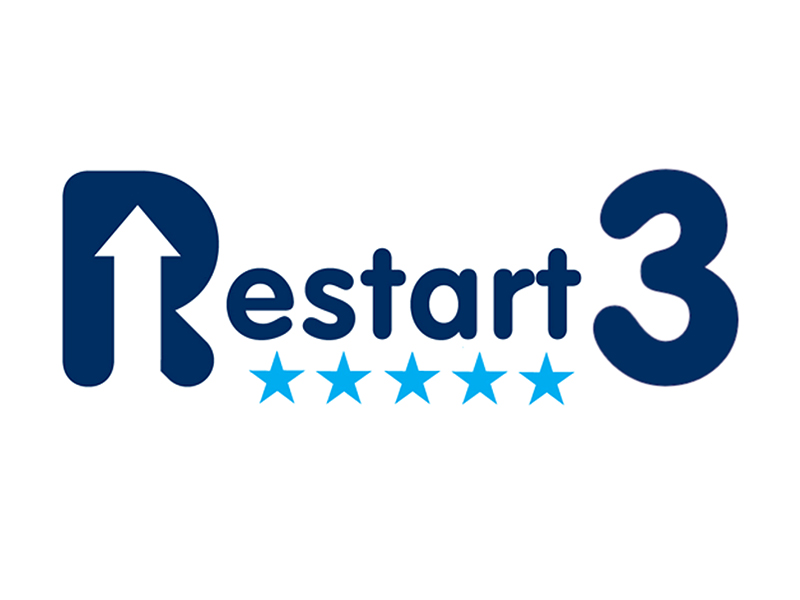


The Restart 3 Project will address some of the multiple and complex barriers to employment faced by some of Europe’s most vulnerable citizens – persons with disabilities; persons who face economic obstacles, including young people and persons facing cultural obstacles such as migrant workers; persons with health problems and persons with social obstacles, such as lone parents – by adapting Restart innovative, accredited employability programme to provide targeted support to each group in NI, Italy, Poland and Spain respectively.
Developed in NI in response to the needs of lone parents Restart combines: group work, individual life coaching, a work placement, practical help with CVs and job applications, with advice on personal finances, childcare and transport issues. It has been already successfully adapted for use with lone parents in 7 EU countries (including Poland and Italy) through the successful implementation and delivery of two separate EU projects funded through the LLP Leonardo Da Vinci programme Restart (2010-2012) and Restart 2 (2012-2014).
The Restart 3 project will see Restart adapted for use with other disadvantaged groups: people with disabilities in NI, people from migrant backgrounds in Poland, young people in Italy and lone parents in Spain, all of whom are at high risk of becoming excluded from education, training, employment and full participation in society. The project seeks to implement the adaptation and evaluation findings from the previous Restart 1&2 projects and will follow a similar methodology thus bringing added value to the new project in terms of its evidence base and lead partner Possibilities NI’s experience of delivery in Europe using a tested and successful methodology. It has strong links to the Europe 2020 Strategy by ensuring that the most vulnerable people in society – people with disabilities, migrants, young people and lone parents are not left behind and become further socially excluded.
The project relates directly to the Erasmus+ objectives of equity and inclusion by promoting and facilitating access to the labour market, training and mobility opportunities to citizens from disadvantaged backgrounds at high risk of exlusion.